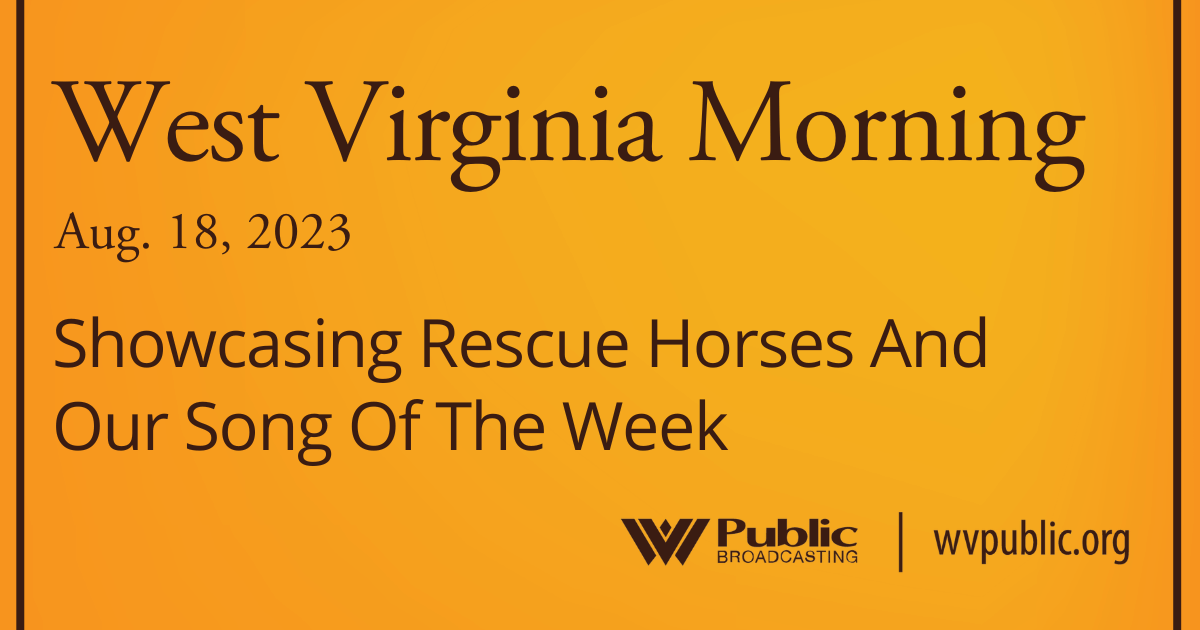Sarah Dorsey knows the importance of making a connection.
“I was diagnosed at the age of 10 with cardiomyopathy,” she said. “I’ve had to go through open heart surgeries. I have a pacemaker and a defibrillator so I’ve really been dealing with a disability from a young age.
While her classmates ran and played or joined sports teams, Dorsey watched from the sidelines.
But though she said missing out on the relationships her classmates formed was difficult, she found her own happiness on the back of a horse.
“I guess I really did use horses as therapy,” she said, explaining she began riding when she was 8. “When you can’t fit in and participate in the activities the other kids are doing, you realize you can ride a horse, you can bond with a horse and you can find coping skills.
“Horses can become kind of your best friend when you have challenges like that.”
Dorsey knew how much comfort she found among horses back then, but she didn’t fully realize they were serving as her therapy.
And when she entered the medical world, she didn’t realize she would one day help others find their own peace in the barns.
But that’s exactly what happened.
In 2015, Dorsey, a Certified Nursing Assistant and phlebotomist who also has an applied science degree from New River Community and Technical College, took a part-time job at the equestrian center at Glade Springs Resort.
That’s when she and a co-worker decided to take the PATH (Professional Association of Therapeutic Horsemanship) International certification course through Healing Strides in Boones Mill, Va.
“It allowed me to kind of combine my passions with horses and (the) medical (field),” Dorsey said of the certification, which allows her to provide equine assisted activities and therapies. “It’s very, very hard to find extracurricular activities for individuals with disabilities, so I know how important this is.”
In 2018, life took Dorsey and her husband out west for couple of years, where she completed her certification in Casper Wyo., before she briefly operated her own therapeutic horse farm in Rock Springs, Wyo.
But in late 2020, they decided to move back to West Virginia – Beaver, specifically – where Dorsey is giving it another go.
She opened A Broken Spur Riding Academy in October and quickly recruited Amanda Griffith, her co-worker from Glade Springs, to serve as a second instructor.
“We have 25 students right now, but we’re working on growing our clientele,” she said of the 501c3 non-profit.
At the moment, Dorsey said the majority of the students in the program are able-bodied, but she’s hoping to quickly grow the number of students with disabilities as well as the number of veterans participating.
“We can serve a wide range of disabilities,” she said. “It can be anybody on the autism spectrum, someone with Down syndrome, someone who is paralyzed, individuals with amputations, hearing impairments, individuals who don’t have verbal communications, veterans with PTSD.
“Equine-assisted therapy can help people with a lot of things,” she said, adding addiction to the list. “Just being around the horse is therapeutic in itself.”
Dorsey works with four horses – Reno, Warrior, Wimpy and Whiskey – and takes care to match the horse to the student.
“Horses have different personalities,” she said. “If you have higher anxiety, you would find calming relief in a horse that’s more relaxed. If you’re depressed and want to be more energized, a horse that’s more energized can kind of cheer you up.”
Beckley resident Rucshelle Khanna recently took her niece 6-year-old Grazia Rose Prosser for an hour-long lesson.
“She had a lot of fun,” she said of her “healthy rider” niece, who spent her lesson atop 22-year-old Reno. “She practiced balancing on a horse.”
Khanna, a clinical psychotherapist who volunteered with equine therapy when she lived in Manhattan, had visited A Broken Spur twice before the lesson and said she hopes to volunteer.
“They’re great,” she said. “She’s (Dorsey) really a teacher and I learned a lot about horses. I learned more the first day than I did at the other place where I volunteered for months.
“They’re great teachers.”
Dorsey said volunteers are something she’s always looking for, as she and Gilbert teach all aspects of horsemanship, from cleaning stalls and grooming to riding.
“We definitely need volunteers to help with lessons,” she said, adding experience is not needed.
Dorsey said she believes in the benefits of the program and what can be accomplished in the barns and in the horse rink.
“It can help with so much,” she said. “I think people would find great things here. It’s just a happy place to be.”
